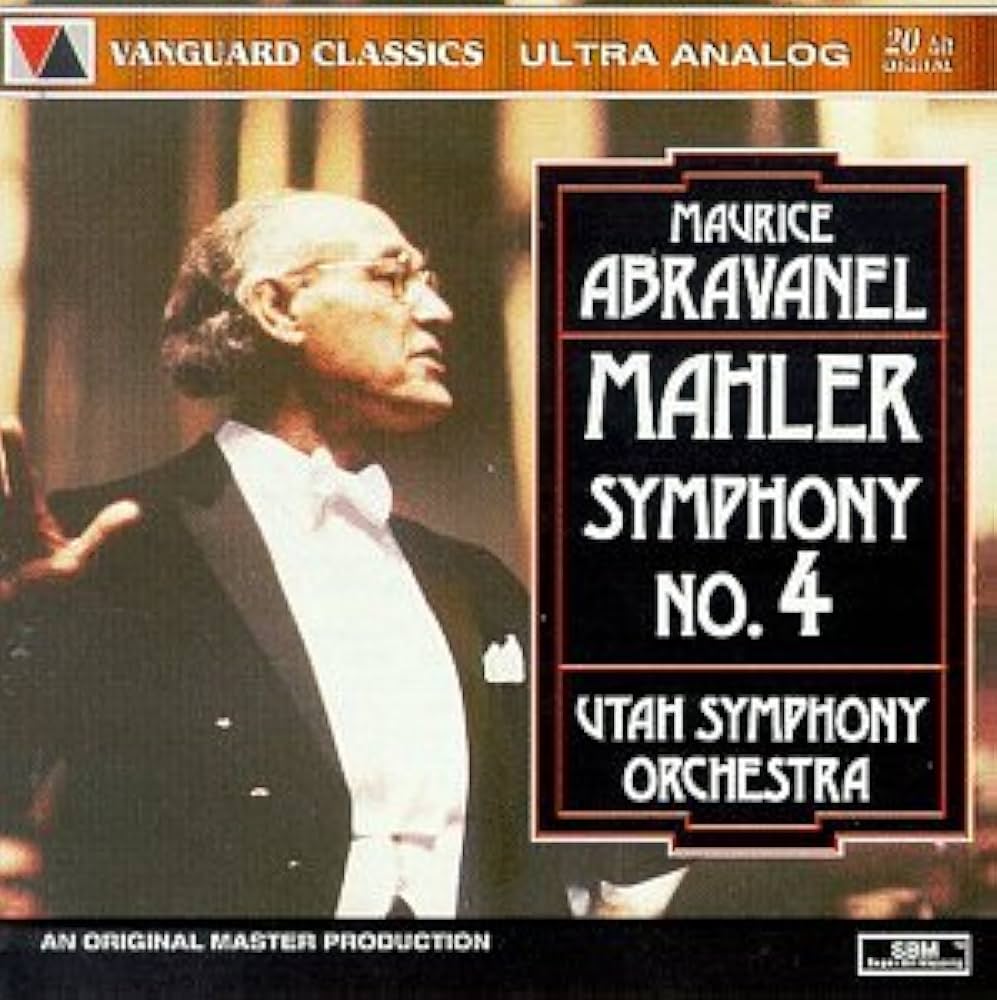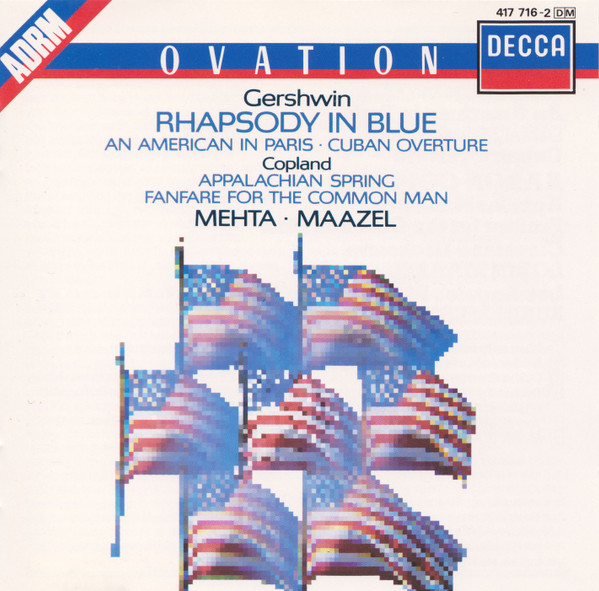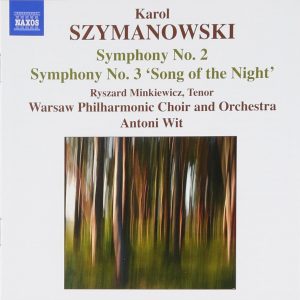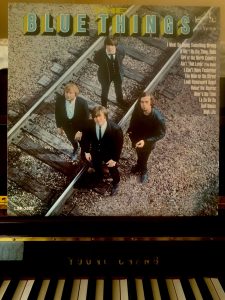Schubert, Quartets 15, 8. Takács Quartet. Hyperion CDA 68423 (CD). TT: 77.48
Schubert's harmonic innovations are broadly recognized. But, as these quartets show, he had a keen rhythmic and structural imagination as well.
The Fifteenth Quartet is large-framed, with a twenty-minute first movement; after an imposing "dotted" introduction, a syncopated motif enters, becoming a sort of quirky waltz in the second group, and permeates most of the movement, later serving to impel the music forward. The Andante's mournful start is deceptive: soon, the dotted rhythms return, taking an ominous turn. The Scherzo sizzles; its Trio relaxes into a rocking major. The finale—like the opening, complete with exposition repeat—plays off cross-relations, with instantaneous major-minor shifts.
The Takács adopts a suitably tensile approach to these broad structures. Dotted rhythms are incisive; the unified chording is powerful. The first-movement recap arrives emphatically, yet seamlessly. The players lean intensely into the Andante's anguished accents. The soaring principal violin and the warm, dusky cello are particularly gratifying. The only complaint is that, save in that Trio, too little "Schubertian" lyricism breaks up the ongoing dramatics, so the players can't much escape the prevailing tautness.
The Eighth Quartet has its own structural innovation -- the first movement's bittersweet introduction returns in the recap (shades of Mahler's Seventh!)—but it's otherwise more conventional, for Schubert, and the Takács players take full advantage of its greater scope for variety. Stark chordal punctuations herald the turbulent main theme; "galumphy" pumping figures propel the good-natured second group. The Andante begins soulfully, developing greater urgency; a hint of Viennese flavor creeps in a few minutes later. The cheerful Menuetto is gently hearty. The finale begins with a searching chorale; the squiggly figure that accompanies the first theme gradually takes everything over. The Takács captures every change of aspect with pinpoint precision.
I never noticed the engineering—my highest compliment.







































